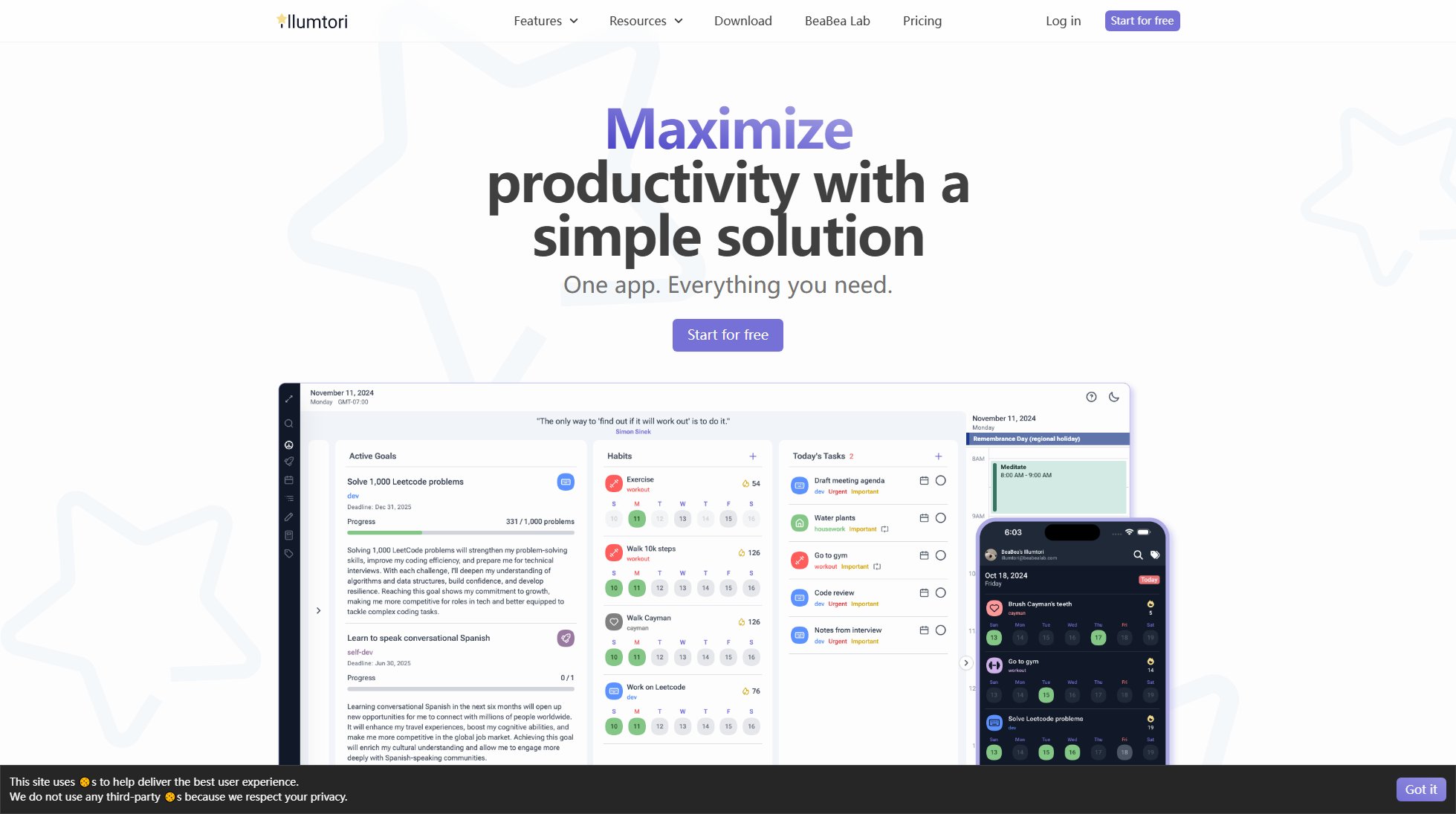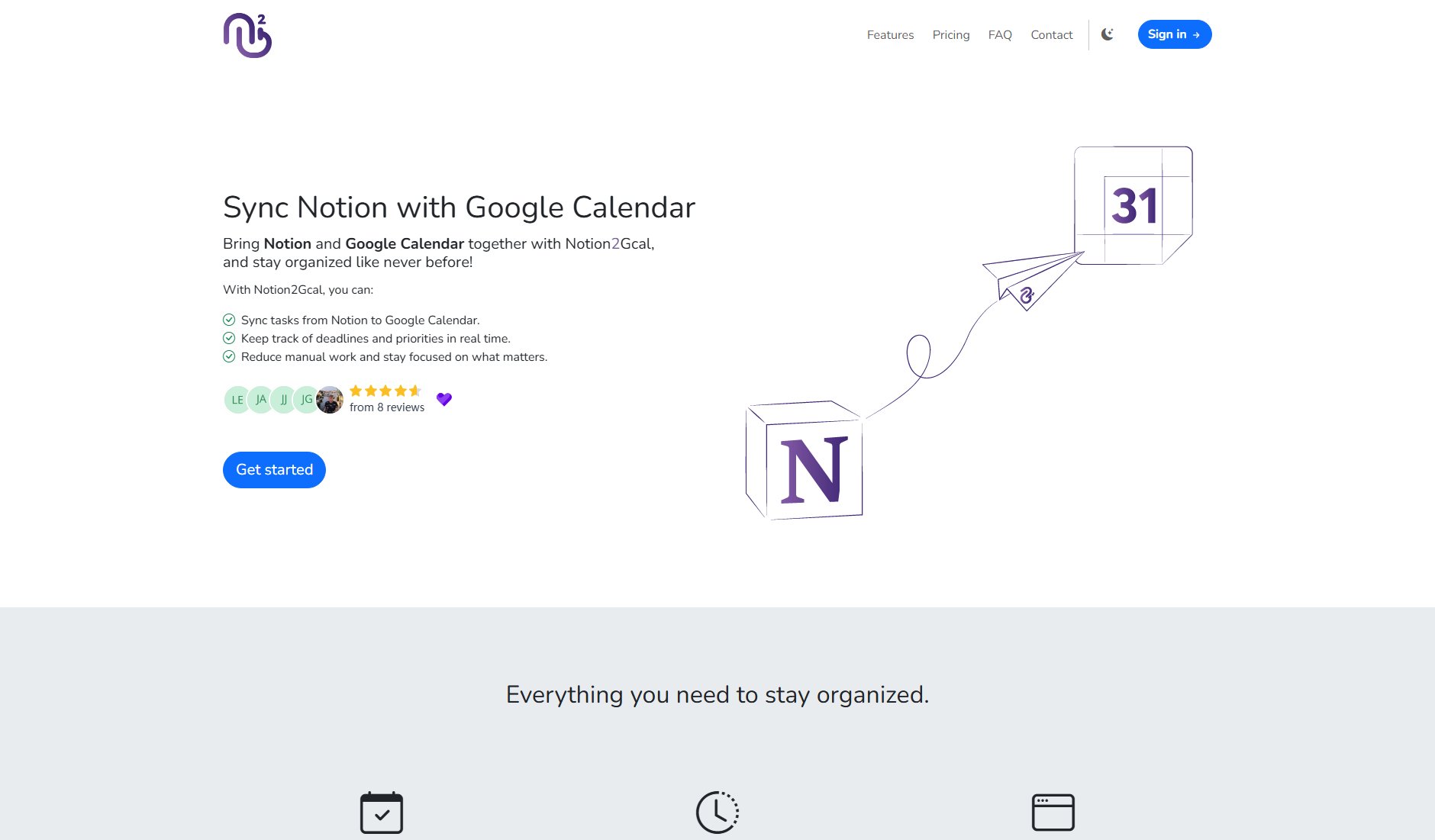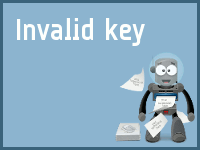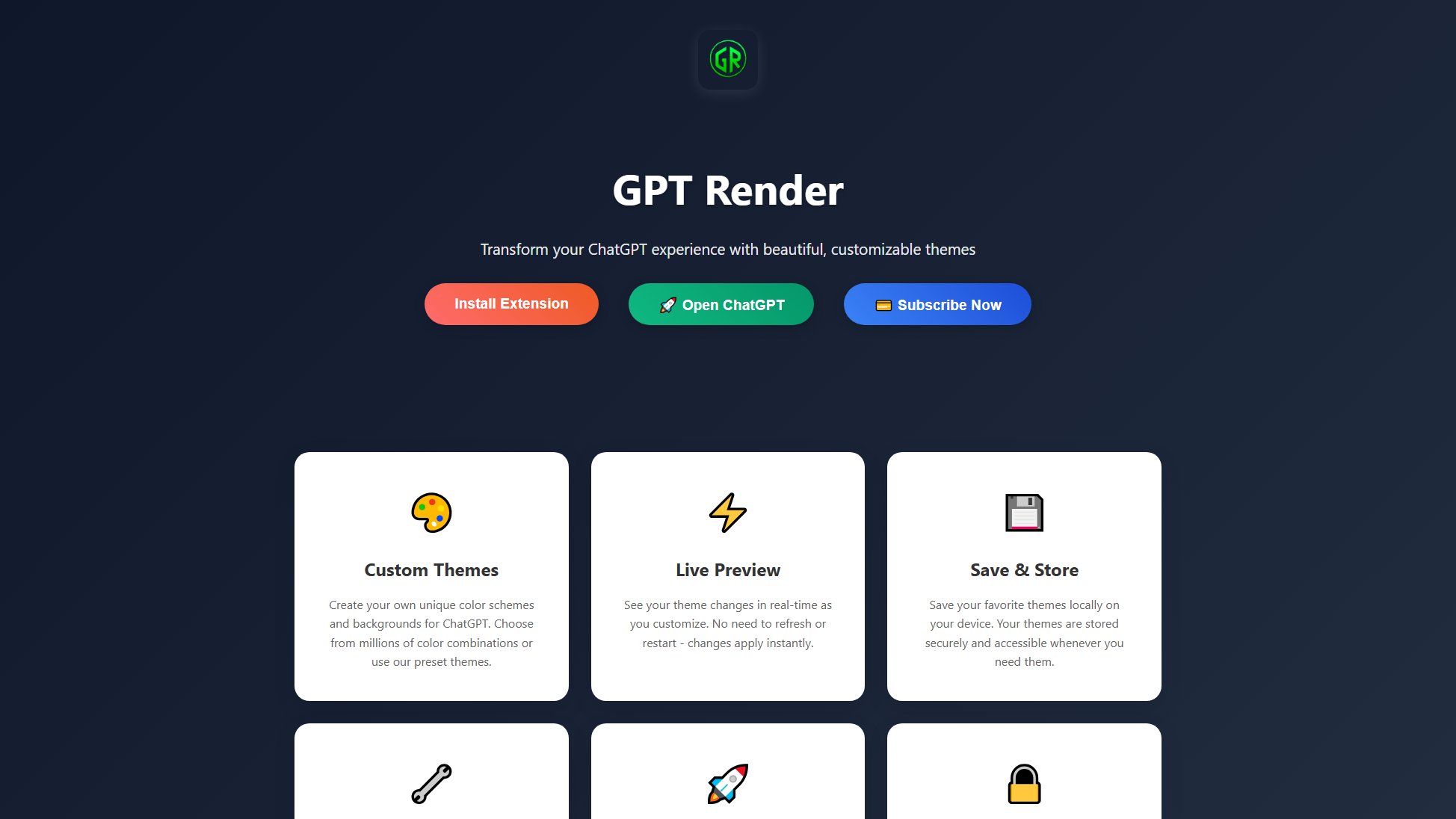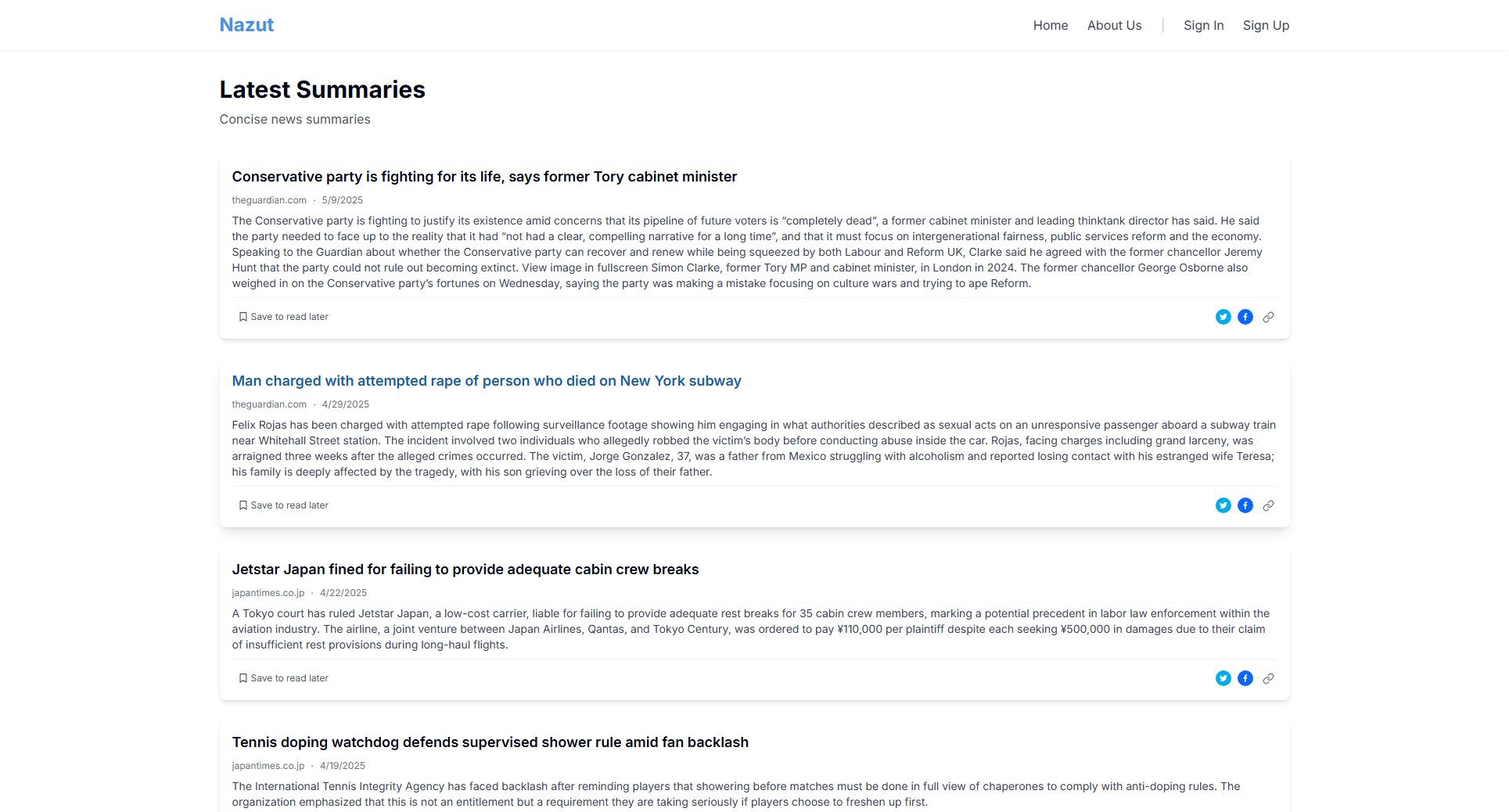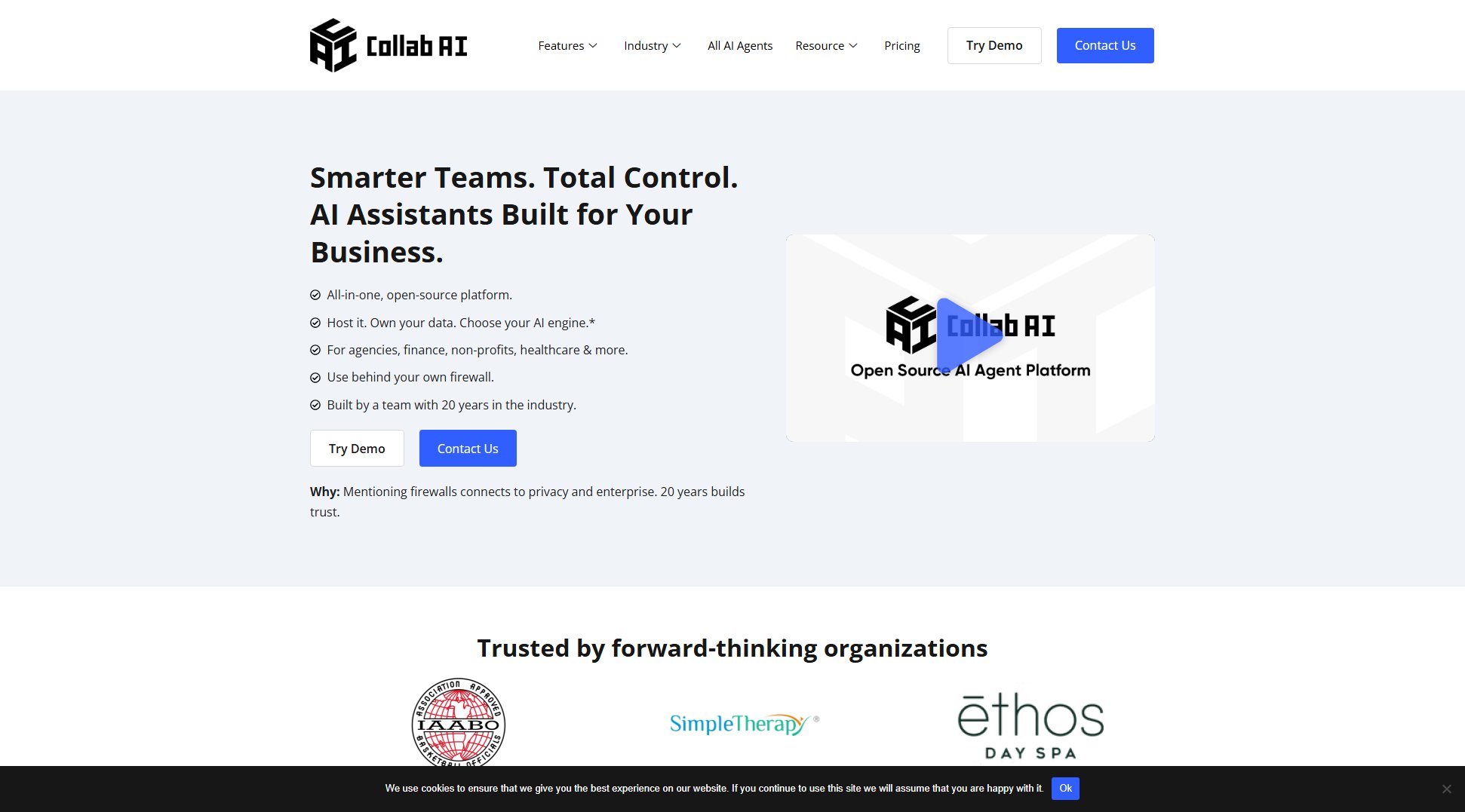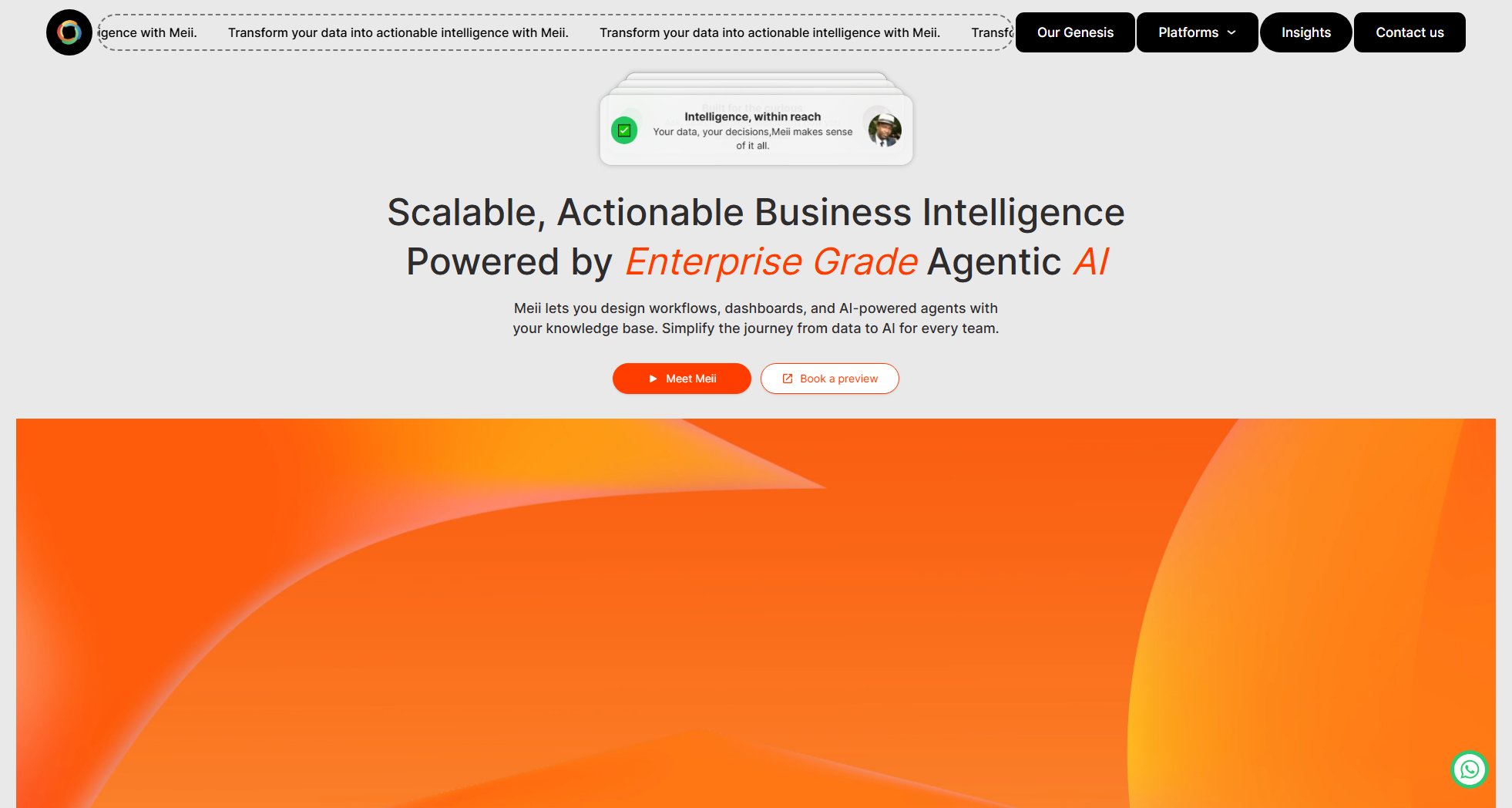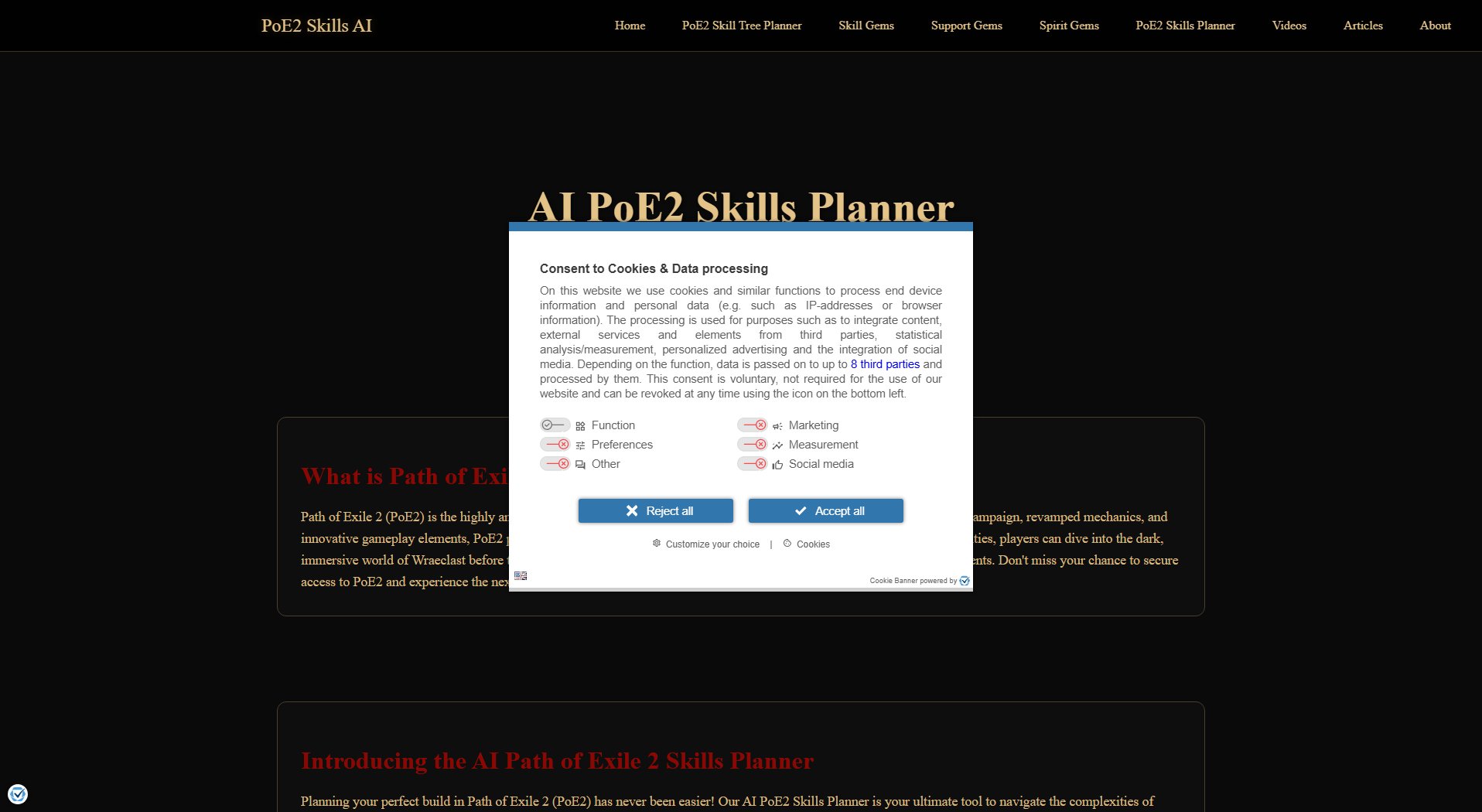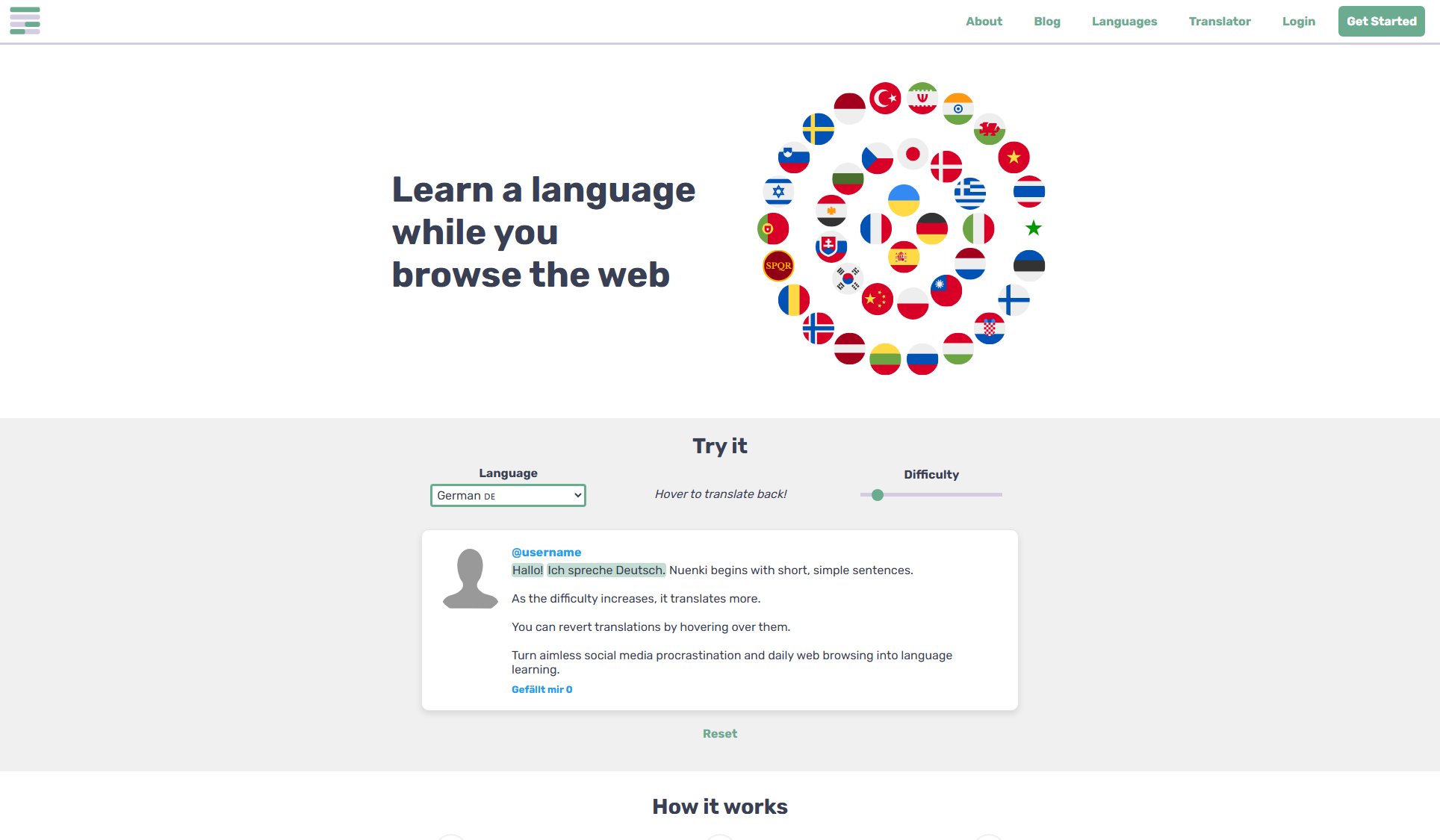Hashpile
AI-powered card creation from any information source
What is Hashpile? Complete Overview
Hashpile is an innovative AI tool that transforms various forms of information into organized, visually appealing cards. Using advanced AI models like Claude Sonnet 4.5, Hashpile allows users to convert text messages, uploaded files, and diverse content types into structured card formats. The platform serves a wide range of users including students, professionals, content creators, and businesses looking to organize information efficiently. Hashpile solves the pain points of information overload and disorganized content by providing a simple, AI-assisted way to create structured knowledge cards for learning, reference, or presentation purposes.
Hashpile Interface & Screenshots
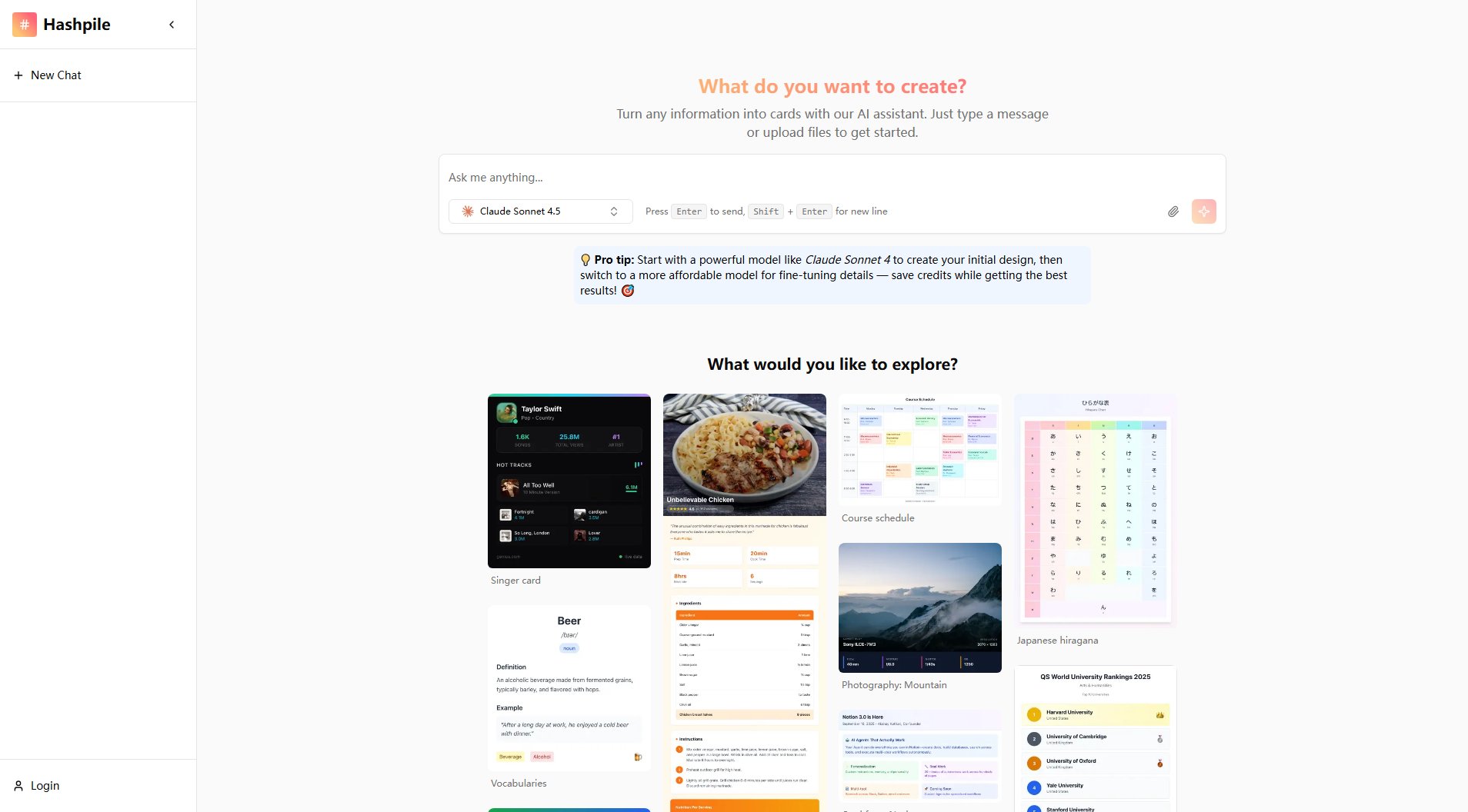
Hashpile Official screenshot of the tool interface
What Can Hashpile Do? Key Features
Multi-source Input
Hashpile accepts input from various sources including direct text input, file uploads, and potentially integrations with platforms like Notion. This flexibility allows users to create cards from virtually any information source.
AI-Powered Card Generation
Utilizing advanced AI models like Claude Sonnet 4.5, Hashpile intelligently processes input information to create well-structured cards with appropriate formatting and organization.
Diverse Card Templates
The platform offers numerous card templates for different use cases including flash cards, product cards, event cards, cheatsheets, recipes, and more, catering to various professional and personal needs.
Model Optimization
Hashpile suggests using powerful models for initial design and switching to more affordable models for fine-tuning, helping users optimize their AI credit usage while maintaining quality results.
Visual Organization
The card-based system provides a visually intuitive way to organize and reference information, making complex data more accessible and easier to understand.
Best Hashpile Use Cases & Applications
Educational Flash Cards
Students can quickly convert study materials into flash cards for subjects like Japanese hiragana or vocabulary terms, enhancing memorization and learning efficiency.
Professional Reference Cards
Professionals can create cheatsheets for formulas (like kinetic energy), product specifications, or quick-reference guides for their work.
Event Planning
Organizers can generate structured cards for event details like hackathons, including schedules, participant information, and key notes.
Content Summarization
Readers and researchers can transform articles or complex information into concise summary cards for easier reference and sharing.
Visual Organization
Users can convert messy notes or disparate information (like shopping lists from images or flight itineraries) into clean, visually organized cards.
How to Use Hashpile: Step-by-Step Guide
Start by entering your content either by typing directly into the input field or uploading files containing the information you want to convert into cards.
Select an appropriate AI model (like Claude Sonnet 4 for initial designs) based on your needs and the complexity of the information.
Choose a card template that matches your intended use case from the available options (flash cards, product cards, cheatsheets, etc.).
Let the AI process your input and generate the initial card design. You can then review and make any necessary adjustments.
For fine-tuning, consider switching to a more economical AI model to save credits while perfecting the details of your card.
Save, export, or share your completed cards as needed for your personal or professional use.
Hashpile Pros and Cons: Honest Review
Pros
Considerations
Is Hashpile Worth It? FAQ & Reviews
While specific file types aren't listed, Hashpile appears to support text-based uploads at minimum. For precise file format support, check the documentation or try uploading your file type.
Hashpile uses a credit system where more powerful AI models (like Claude Sonnet 4) consume more credits. The platform suggests starting with powerful models for initial designs then switching to economical ones for refinements to optimize credit usage.
While specific export options aren't detailed, the card-based system suggests cards can be saved and likely exported for offline use or printing, though formats may vary by plan.
Free plans typically have card creation limits, while Pro plans offer increased or unlimited card creation capacity. Exact limits would be specified in the full pricing details.
Team collaboration features appear to be available in Pro plans, allowing multiple users to work on card sets together for educational or professional purposes.
